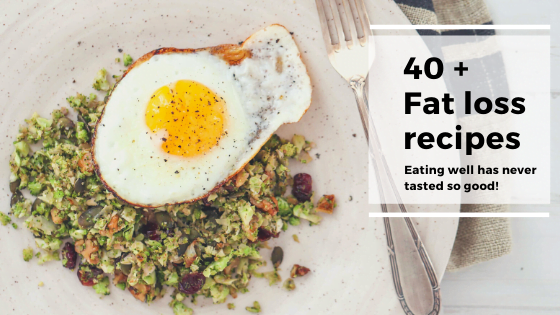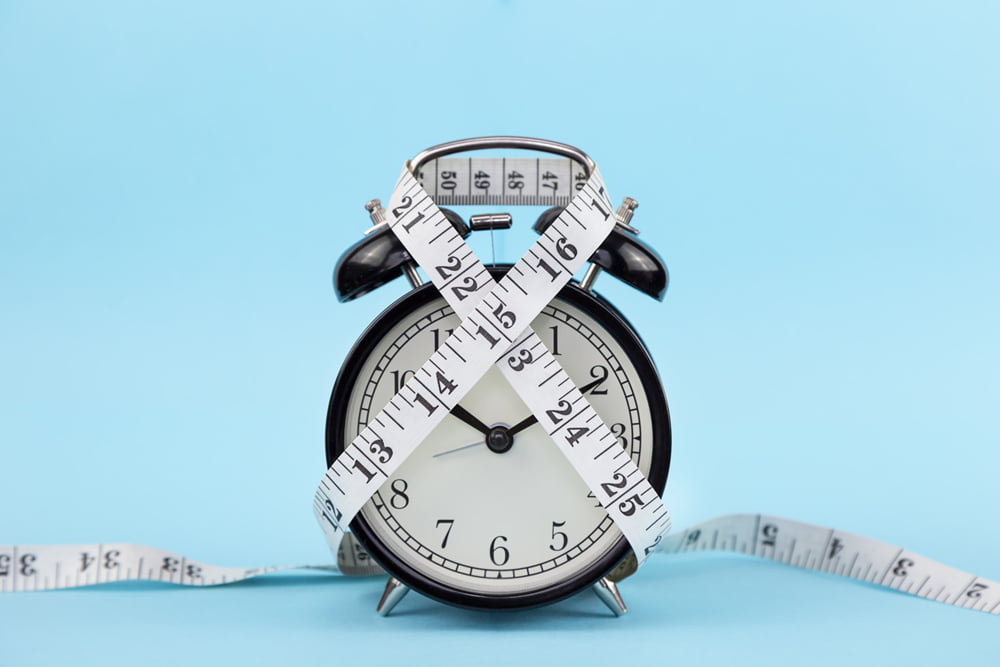Controlling your appetite takes a little bit of experimentation and tweaking. The magic of this is what you do eat when you are eating. When you have a few strategies, this will make it very challenging to over eat – especially after a very long duration fast.
Over time though, you will become less and less hungry, even if you have not eaten for a whole day. This will also become a challenge sometimes, when you’ve been exercising a lot more, or for women, when our bodies are shifting hormones every month. Give and take a couple of days per month, and you will usually feel quite content and satisfied with smaller food consumption. Don’t be afraid of eating a little bit more if you need to, this is not going to harm you long term (unless of course, it’s junk food!)
I will highlight some strategies I use below, that help me to feel full for longer stretches of time, and therefore diminish my potential to over eat.
6 easy and effective strategies to diminish overeating after a fast.
- Make sure you eat enough protein during the day. It’s very important to make sure you are eating enough protein, catering for your nutritional needs when you are fasting. It’s even more important if you are exercising regularly. Getting enough protein will sustain you for longer periods of fasting, as well as repair and regenerate tissue. You want to ensure your energy levels are high, whilst your appetite is kept under control. There is nothing worse than being absolutely famished when you are only halfway through your fasting period. You can prevent this by eating more protein than is required, given that you are skipping a meal or two. This wont effect your body composition in the slightest, and you will feel much better for it.
- Include some kind of fat in your meals – like olive oil and avocado. Eating more fat then carbohydrate will further increase your insulin sensitivity, allowing for an energetic metabolism and less inflammation. Omega 3 found in salmon also help you burn more body fat, as it’s actually a thermogenic, requiring calories to digest and process. Omega 3 is wonderful at easing inflammation, as well as supporting your metabolism.
- Allow yourself a cheat meal once a week, and make it something you enjoy. We all try to be good as much as possible, but it’s still ok to cheat once in a while. In fact, it’s great for your state of mind and your metabolism. Having a cheat meal once or twice per week allows us to feel human again, and enjoy tastes, textures and flavours of something a little bit more robust than our usual food. A lot of people opt for a sweet treat, whilst others prefer savoury. There is no right or wrong, just make it as enjoyable as possible, and remember; It’s a cheat meal, not a cheat day! One meal out of the ordinary wont harm your body composition, but stuffing your face with crap most certainly will set you back!
- Always aim to eat vegetables, healthy carbs, protein and fat with every meal. Keeping your meal balanced ensures you have enough nutrients to sustain your workouts, and your fasts. If you are wanting to lose a bit more weight, then carb cycle. Eat more veggies and fats to keep you satisfied, and save the high carb days when you train hard, or fasting for longer duration’s. It’s all about keeping yourself in check, and balancing as much as you can. Soon enough, you will know what your body needs and want’s and it wont be so challenging to work out. Enjoy the process of learning.
- Drink lots of water when fasting, and when you aren’t. Hydration is even more important than food consumption. On hot days, keep a bottle handy and keep drinking. On colder days, use herbal teas and wedges of lemon and ginger with your water. Water keeps us alert, and sustains our workouts. You should be drinking 1 or more litres of water before your workout – this ensures you are able to exercise even more effectively and at your full capacity. When drinking coffee, always allow yourself one more glass of water to combat the dehydration caffeine brings. Hydration also speeds up your rate of recovery from workouts, eliminates toxins and helps keep you full when in a fasted state. Use the fasting to drink even more water, and allowing the elimination of toxins from your body consistently.
- Sit down and eat your first meal – don’t eat on the run. Really enjoy and relish each and every meal. This isn’t realistic every day, but try to make it enjoyable when you break the fast. You are possibly extremely starving, and therefore, more prone to inhale your food! Take a step back, and allow yourself the time and space to enjoy the meal, eating slowly, chewing properly and therefore, prevent yourself from overeating. I find this to be most helpful, given that my first meal is after I work out. I’m always extremely hungry, since I fast from breakfast or lunch the day beforehand! After a while you do get used to it. Sitting down and eating also eliminates any intestinal discomfort from eating too quickly. Make it a daily habit, and stick to it.
I hope this has helped you understand how to stop the initial overeating when you break the fast. Overtime, it will get a lot easier to cope with. You can contact me any time on my website or join me on fb and insta social. Please feel free to upvote this answer if it has been useful in some way to you.
40+ fat loss recipes – Make 2020 your best year yet!
BUY NOW


1 Comment